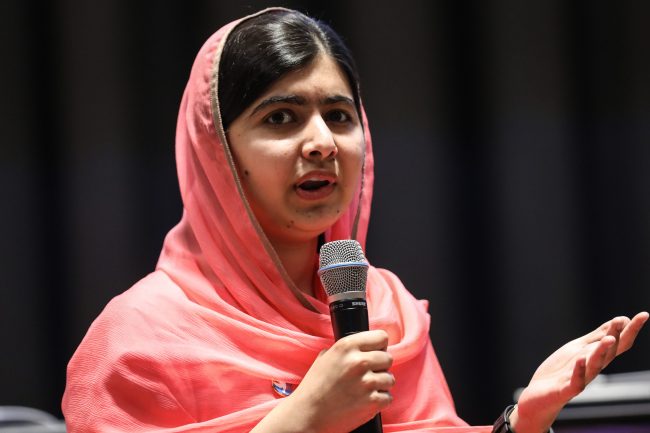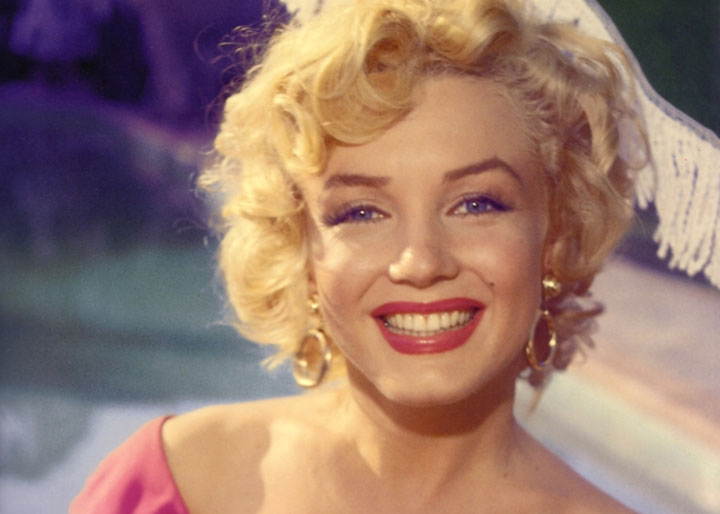The Great Depression, the civil rights movement and the rise of the smart phone — society has made drastic changes over the years, shaping the culture behind generations.

There are six living generations in Canada, each with its own set of values, attitudes and roles. But are these generational traits merely stereotypes, or is there some truth behind them?
“These days there is good hard data on how generations differ,” said Jean Twenge, author of Generation Me . “Millennials are more likely to believe in a work-life balance and don’t want to work too hard,” she said. “While baby boomers are likely to stay at their jobs for years.”
Although there are dividing characteristics, it’s normal to not feel like you belong to your generation, Twenge said. “Some millennials may feel like they relate more to generation X. This is because there is no clear cut off between many of the generations.”
The cultural divide between generations tends to build slowly, and the line between the cut off years is fuzzy, she said.
So what are the traits?
Here is a breakdown of the six generations and characteristics associated with them.
Lost generation

Years: 1883-1900
Famous people: Ernest Hemingway, J. R. R. Tolkien, Gertrude Stein
This generation describes those who were coming of age during the First World War. Novelist Gertrude Stein coined the phrase “lost generation” in conversation with Ernest Hemingway. Hemingway then wrote about it in his book The Sun Also Rises, where he described the generation as those wounded — literally and metaphorically — by the war.
G.I. generation

Years: 1901-1924
Famous people: Walt Disney, Elizabeth Taylor, Frank Sinatra
This generation — also known as the greatest generation — can be roughly defined as those who were born too late to serve in the First World War but early enough to experience the Great Depression or the Second World War. Survival was a key trait to this generation, according to journalist Tom Brokaw, who wrote the book The Greatest Generation. The group was community-oriented, had strong loyalty to jobs and had a sense of personal civic duty.
“It is, I believe, the greatest generation any society has ever produced,” Brokaw wrote in his book. “They never whined or whimpered.”
Silent generation
Years: 1925-1942
Famous people: Martin Luther King, Jr., Marilyn Monroe, Andry Warhol
This generation were children during the Great Depression and most were too young to fight in the Second World War (but could have fought in the Korean War). The name was said to be first recorded in a famous 1951 essay in TIME Magazine. The article referred to this demographic as the silent generation because they never rose in protest as a unified political entity. The generation’s traits included being civic-minded, cautious and had a loyalty and respect to authority.
Baby boomers

Years: 1946-1964
Famous people: Bill Clinton, Meryl Streep, Princess Diana
After the end of the Second World War, birth rates across the world spiked. The explosion of new infants became known as the baby boom. Women in the workforce soared among the boomers, and they began moving into previously male-dominated professions. Marriage rates declined and divorce rates increased dramatically, according to Encylopedia.com.
Boomers are characterized as agents of social change. From the civil rights movement to landing on the moon, there were many important achievements. The generation’s traits are labeled as nonconformist, highly competitive and hard working.
Generation X
Years: 1965 – 1980
Famous people: Jennifer Lopez, Elon Musk, Quentin Tarantino
This generation marks the period of birth decline after the baby boom and is significantly smaller than previous generations. Some of the most influential internet sites of today, like YouTube, Amazon and Google — sprang from the minds of gen-Xers.
Many people in this generation remember exactly they were when Kurt Cobain died in April 1994.
Gen-Xers are often referred to as latchkey kids. As the divorce rate rose in the 1970s, many were left to look after themselves while both parents entered the workforce. As a result, many developed independence and self-reliance, according to the Center for Generational Kinetics.
Millennials

Years: 1981-2000 (flexible dates)
Famous people: Ashton Kutcher, Serena Williams, Mark Zuckerberg
Millennials are known to be tech-savvy, self-expressive, narcissistic and prone to jump from job to job, according to Twenge. The generation is also less religious, less likely to have served in the military, and seek instant gratification according to Pew Social Trends.
The generation has also been labeled as trophy kids. In the 2008 book Trophy Kids, author Ron Alsop argues young people are rewarded for minimal accomplishments in competitive sports and have unrealistic expectations of working life.
WATCH: Millennials react to generational stereotypes

However, Twenge said although this generation is known to be “narcissistic”, there is a flip side to that. The generation is usually liberal and receptive to new ways of living.
“There is a growing individualism in this generation. They look more at the ‘self’ and less on social roles,” she said. “Millennials are optimistic and confident.”
Generation Z

Years: 2000-present
Famous people: Malala Yousafzai, Elle Fanning, Romeo Beckham
Those who fall under this generation are 21 years old and younger. The group goes by many names such as iGen, Gen Z, Centennials, Founders and more, according to the Center for Generational Kinetics.
Most members of the generation don’t remember a time before social media and were not alive for 9/11.
WATCH: What to expect from the generation after millennials

The term “i” represents both the types of mobile technologies the generations use (iPhone, iPod, iTunes) plus the fact that these technologies are mostly “individualized” in the way they are used, according to Psychology Today.
Social media is key to this generation. According to the Center for Generational Kinetics, the generation sees social media as impacting popularity, happiness, and self-esteem — more than any other group before them.
- A spoonful of olive oil a day could reduce risk of death from dementia: study
- Canadian insurer rolls out pilot to assist in wildfire home protection
- Trans Mountain pipeline expansion will boost Canadian oil prices ‘for years’: MEG Energy
- N.B. woman must move to Toronto for life-saving lung transplant. She can’t afford to go







Comments